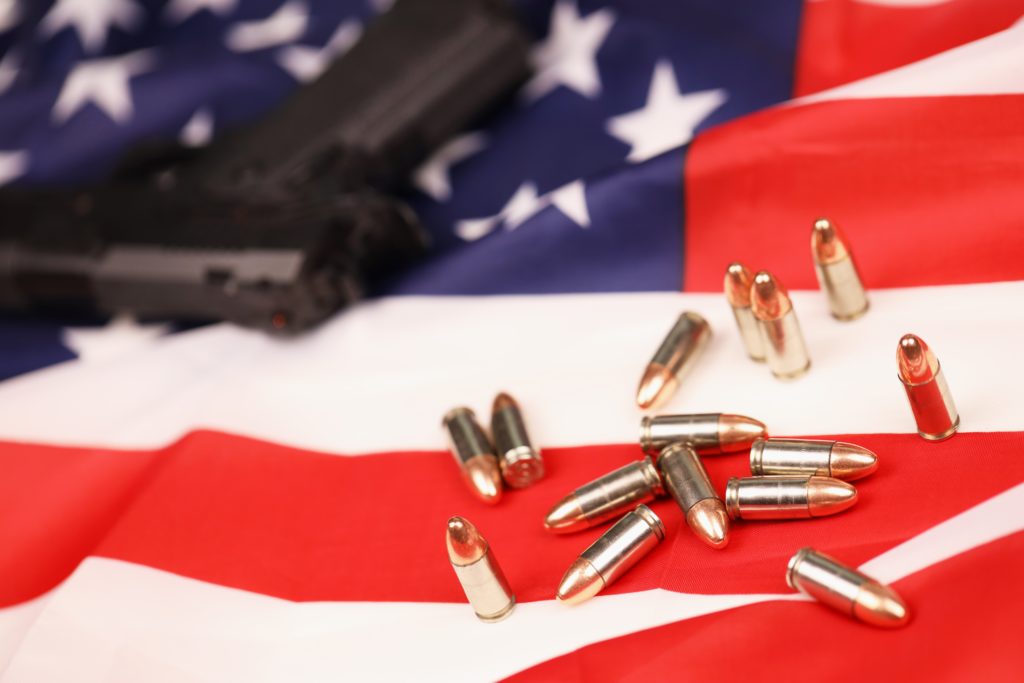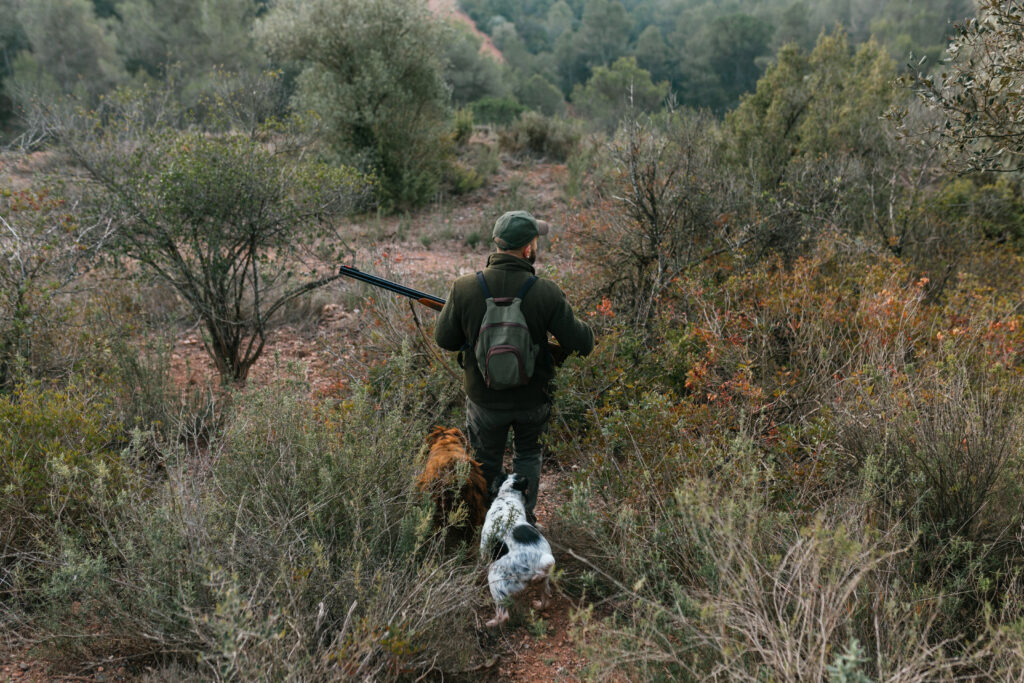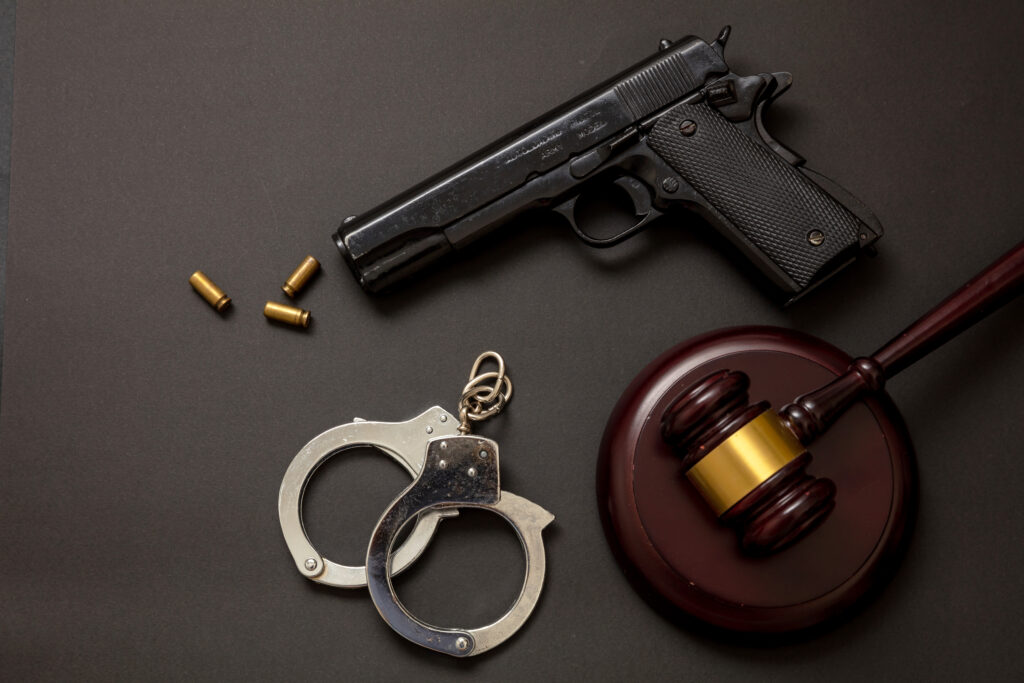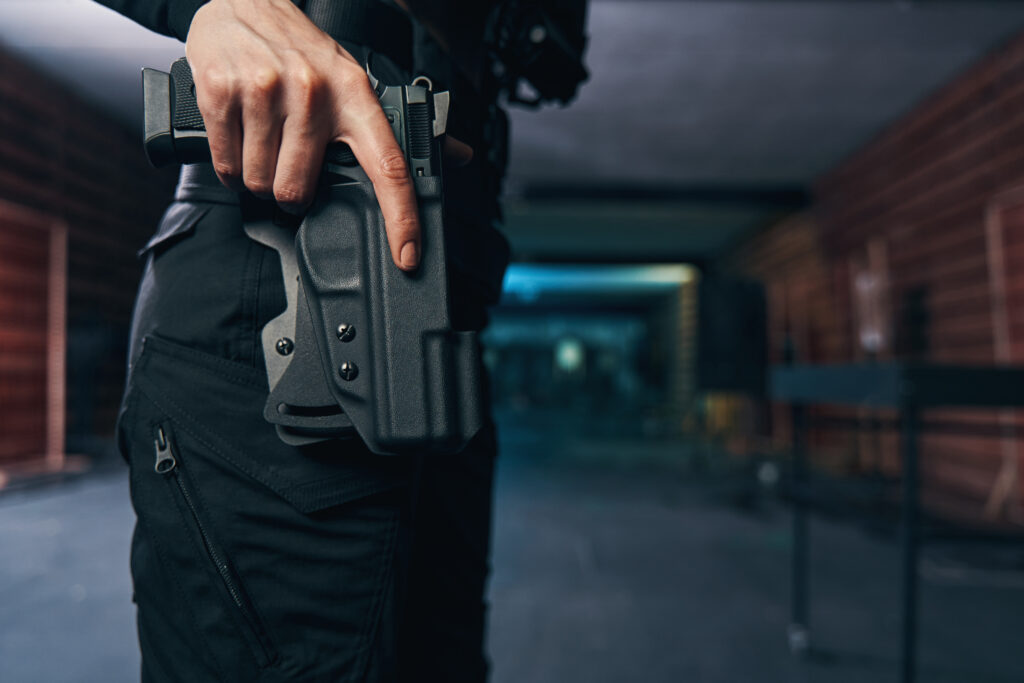
South Uniontown, PA Pardons
How to Contact a Gun Lawyer in South Uniontown, PA
Once you decide you want to own a gun, it is important to have a gun lawyer in South Uniontown, PA determine if you can legally own a gun. If there is any doubt, it is not wise to guess, because you could be prosecuted for a felony if you are wrong. At The Gun Law Firm, we take the guesswork out of figuring out if you can legally own a gun in Pennsylvania. We have done hundreds of firearms eligibility investigations for our clients since 2016. If you contact our office, we offer a free case strategy session by telephone. We will help you determine if a firearms eligibility investigation is right for you. You can call our office to schedule a free case strategy session. Because we are very busy helping people and protecting gun rights, be sure to leave your contact information if you reach our answering service, and someone from our team will call you back shortly. If you prefer, you can fill out the “Contact Us” form on our website, and someone at our office will reach out to you as quickly as possible.

Is it even possible to get a South Uniontown, PA Pardon in Pennsylvania?
Yes! We have helped many people get a pardon in Pennsylvania. But you have to be the right candidate. There are a number of factors that are frequently considered by the Pennsylvania Board of Pardons. Based on our years of experience, we can help you determine if you are a good candidate for a pardon and if it is the right avenue for you. Contrary to what many think, it is not some longshot like winning the lottery or being struck by lightnight.

Can I apply for a South Uniontown, PA Pardon in Pennsylvania by myself?
Certainly. But if you are serious about your pardon, you may want the assistance of an attorney who is experienced with the pardon process rather than trying to “learn as you go” as you do it for the first time. We pride ourselves on knowing what it takes to bring the absolute best out of our clients to help us portray the true person you have become to the Board of Pardons during this important opportunity for a second chance. We know the ins and outs of the pardon process helping us make a stressful experience as smooth as possible for our clients. Many of our clients are too busy with their own careers, businesses and families to spend a bunch of time trying to figure out a brand new process. There is so much on the line during the pardon process, such as your future, your family, your career, and your rights. It makes sense why our clients would rather trust a professional with a wealth of experience.

Firearms Eligibility Investigations in South Uniontown, PA
Learn more about Firearms Eligibility
Pardons in South Uniontown PA

How to Contact a Gun Lawyer in South Uniontown, PA for a Pennsylvania Pardon
At The Gun Law Firm, we know what it takes to bring out the very best in you when you apply for a Pardon in Pennsylvania. We have helped our clients get pardons and have sat through hundreds of hearings before the Board of Pardons since 2016. If you contact our office, we offer a free case strategy session by telephone. We will help you determine if a you are a good candidate for a pardon. You can call our office to schedule a free case strategy session. Because we are very busy helping people restore their rights, be sure to leave your contact information if you reach our answering service, and someone from our team will call you back shortly. If you prefer, you can fill out the “Contact Us” form on our website, and someone at our office will reach out to you as quickly as possible.
